Phosphorescence
FACP, $22.95 pb, 79 pp
James Stinks: (and so does Chuck)
Puncher & Wattmann, $20 pb, 62 pp
Testing the limits
The title of Nick Riemer’s first volume of poems is taken from a piece of graffiti in a Sydney church, and the poems therein are aptly replete with a peripatetic, contemporary metaphysical wit. The volume as a whole has a sharp, cultivated air of philosophical enquiry, tending to nihilism, and is shot through with the poet’s continuous testing of the limits of language.
The opening poem, ‘The Fence’, establishes the volume’s philosophical tone: ‘The fence is there, still the same as itself, it is a line, / it is the fence_________ / _________ it blocks things.’ Riemer’s poems enact a type of descriptive phenomenology, and are often found at the nexus where ‘being’ and language meet (and where they miss each other). Of the fence he surmises, ‘The most I can say is: there’s a separation of some sort somewhere’, reminiscent of Jean-Paul Sartre’s response to Descartes (not ‘I think therefore I am’ but rather, ‘there is a thinker’). Elsewhere, Riemer addresses Maurice Merleau-Ponty directly.
Poetic imagery, similes and metaphors are the staple of lyric poetry (which Riemer’s poetry is, despite its philosophical and linguistic escapades), and this is where the poems are at their most potent. Riemer’s often exhilarating and innovative images are achieved with ease and lucidity: ‘Day climbs off its stilts. Paragraphs of light / hinge from the clouds, heavy birds swivel / overhead’ (‘Sunset: MacDonnell Ranges, Central Australia’).
Riemer’s use of repetition and chiasmus appear informed by Gertrude Stein’s poetics: ‘I ask the fence and the fence asks me’ (‘The Fence’); ‘the park is a platform, the park is like a platform on which / everything is set’ (‘Park André Citroën in winter’); ‘Observations aren’t observations’ (‘Unrecorded’). In ‘Rain Bethlehem’, a strong sonnet sequence dealing with the biblical and numinous, the poet laments the insubstantiality of a world preoccupied with representation: ‘Nothing here deserves a name: everything is / surface and byproduct’ (‘What is in the world’).
While his lyrical gift is undoubtedly substantial, Riemer seems intent on continually and explicitly sabotaging himself, out of a sense of resistance, perhaps, to lyrical sublimation. ‘The Polystyrene Oblong’, for example, concludes with a direct request that it be dismissed by the reader: ‘Don’t think you’re / getting more for less in this poem: it’s a poem about an oblong of polystyrene. Now forget about it.’ On occasions this works, but other times it proves distracting.
Going on the volume’s epigraph – the full text of the graffiti from which the volume’s title is derived (‘Roses are red, violets are blue / James Stinks and so does Chuck’) – one might expect it to contain a sophisticated sense of lyrical subversion, perhaps an exercise or two in dissonance; but while the poems here are definitely conceptually audacious, the musical jokes aren’t always equally so: ‘the fence’s white, light fight against the might of the night and / above it / the only bright, the bite of a height (shite, right?)’ (‘The Fence’). For me, this sheer irreverence bordered on nervousness, was tonally unnecessary and ultimately detracted; many can write irreverently, but few can use words as powerfully as Riemer does when he is tonally unselfconscious.
The title poem of Graham Miles’s début collection, ‘Phosphorescence’, is an enervated suburban lyric that opens with an arresting image of a mid-afternoon caffeine jolt: ‘Three o’clock and caffeine traps you / between sleep and waking, / pulls you back like a dog restrained / from the roadside forest of smells.’ The efficacy of this image depends on a keen sense of inversion – the jolting stimulant, caffeine, is re-envisaged as having a restraining, leash-like quality, associated with repressed sensorial experience.
Miles is a student of ancient Greek and Latin, and, like Riemer, of philosophy. ‘Circle and Line’, perhaps the centrepiece of the volume, is a seven-part homage to the fourth of Virgil’s Georgics, where Orpheus’s tortoise-shell lyre might have been restored to its original owner:
The tortoise-mothers come out
into the bob-cut bush by Lake Joondalup, to hide
the white globes of their offspring in the sand.
They dip deep under the air, periodic
as people dreaming, and see the limits
of their lives from above, like astronauts seeing
their blue sphere, its sky curved backwards.
These delightful lines reveal a keen sense of imagination applied by the poet to his own erudition. Miles’s preoccupation here with fecundity, characteristic of the volume as a whole (as in the poems ‘Mould Blooms’ and ‘Ultrasound’), is next undermined, but ultimately reinforced, in the third section of the poem, by the contrasting image of the cicada – as literal fecundity gives way to a sense of fecund lyricism, after Orpheus: ‘Over the turn and counterturn of seasons / The cicadas speak straight lines. Their uncurved poems / move forward restlessly. Their bodies / are age-shrivelled, film-winged, / wrapped around their metrics.’
Tonally, Miles is more phlegmatic than Riemer, as in ‘This Town’:
A riot here couldn’t start
would evaporate in too much space.
In the lavatorial whiteness of the shops
a sign proclaims a Last Days Sale,
and the train-line goes on to imply
that here is somewhere else to go.
The last squares of green
are untrodden as museums.
Though this description of suburban apathy is generally enjoyable, the third-last line rings somewhat familiar, and for mine, the final simile fails to cut it. As with most poets, it’s sometimes a matter of whether or not the reader takes to one’s idionsyncratic way of seeing: ‘The clean idea of a yacht is sailing / on the ad hoc river’ (‘Your Backyard Dogs’). Not all of the images come off, but that’s the nature of audacity. A little more restraint may have been in order at times, but many a fine first collection has been subject to the same criticism. The best poems here, in my opinion, linger over their images in order to describe them comprehensively, though Miles can at times be as effective in a glance. It is difficult to begrudge a poet who writes lines such as these from ‘Some Things the Body Knows’: ‘In the world of snakes to wake is urgency, / every movement desperate as an action-hero’s. / For half a year the amphetamine sun pours out of sky, / then half a year of recovery dreaming like stones.’
Tessa Morris-Suzuki’s Peeling Apples is a graceful, if comparatively conventional, collection, which has at its heart a rare sangfroid, and an acute sensitivity to experience. Hers is a more sober type of pyrotechnics; words and concepts here are never complicated for complexity’s sake. These poems reveal a finely honed knack for enjambment, and generally sport the cool tautness of control. ‘Assured’ is a term used rather loosely these days, but it is certainly and precisely applicable in this case.
Above all, a sense of composure permeates this volume. Time and again, the poems hinge on a moment of poise, a pause during the chaos of events. In ‘A Matter of Time’, a poignant, if unsentimental, deathbed scene, Morris-Suzuki explains: ‘I lay bland words / like balm, like healing leaves / over a gash in life itself.’ Brief lyrics such as ‘Solstice’ and ‘Migration’ evoke a sense of stillness, sustained throughout the volume, which is juxtaposed by their mutual, transient subjects (birds, the seasons). The images are precise and, whilst uncomplicated, never purely simple, either.
The poet remembers how, ‘On first seeing the Mediterranean’, ‘The sun on my lips / was warm as bread’. Many of the poems here deal with memory. ‘Photographs’ opens luminously: ‘The reckless sunlight has been trapped / in celluloid, / our smiles embalmed – / Do you remember that dress?’ (‘Photographs’). ‘In the Time of Drought’ concludes with a powerful, vivifying moment of reflection, characteristic of the volume as a whole: ‘I … / go to the door for a moment / to taste the coolness, / and see beyond the weightless fall of Earth // new worlds forming in the depths of space.’


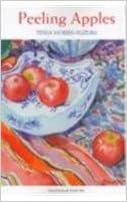

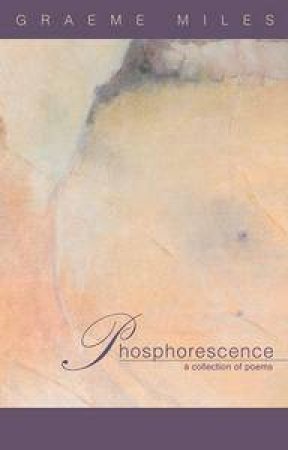
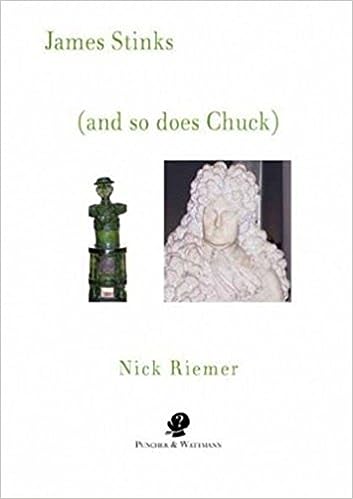
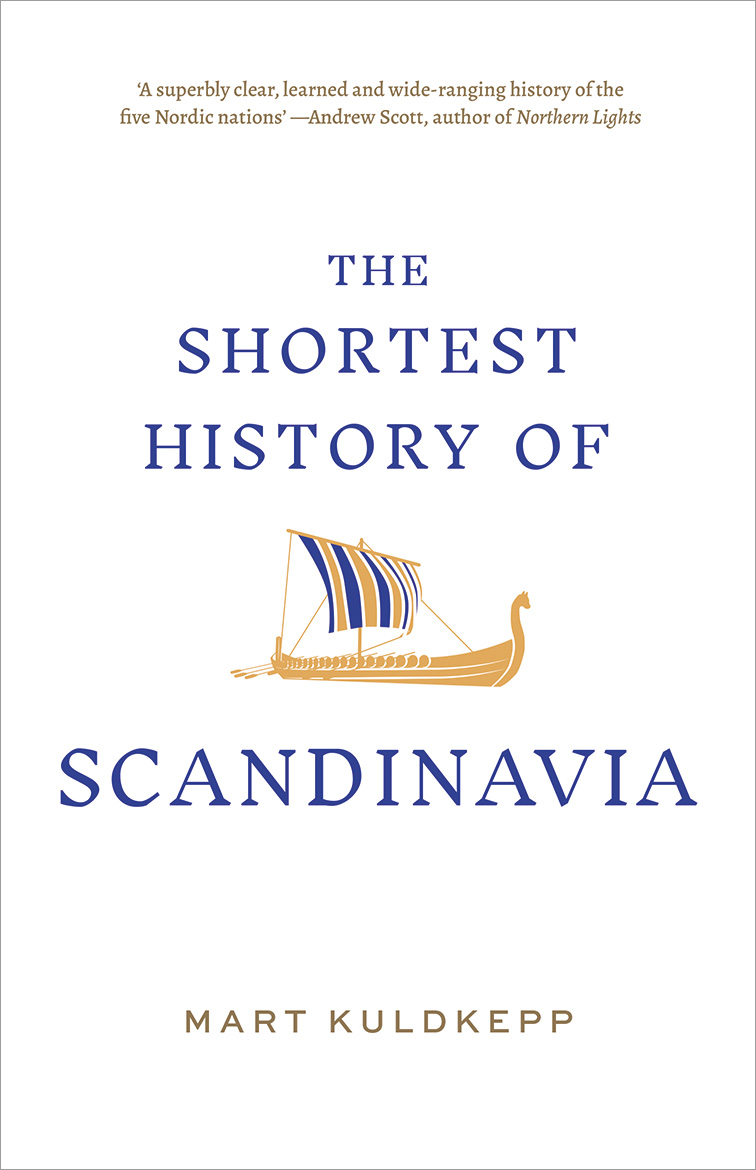


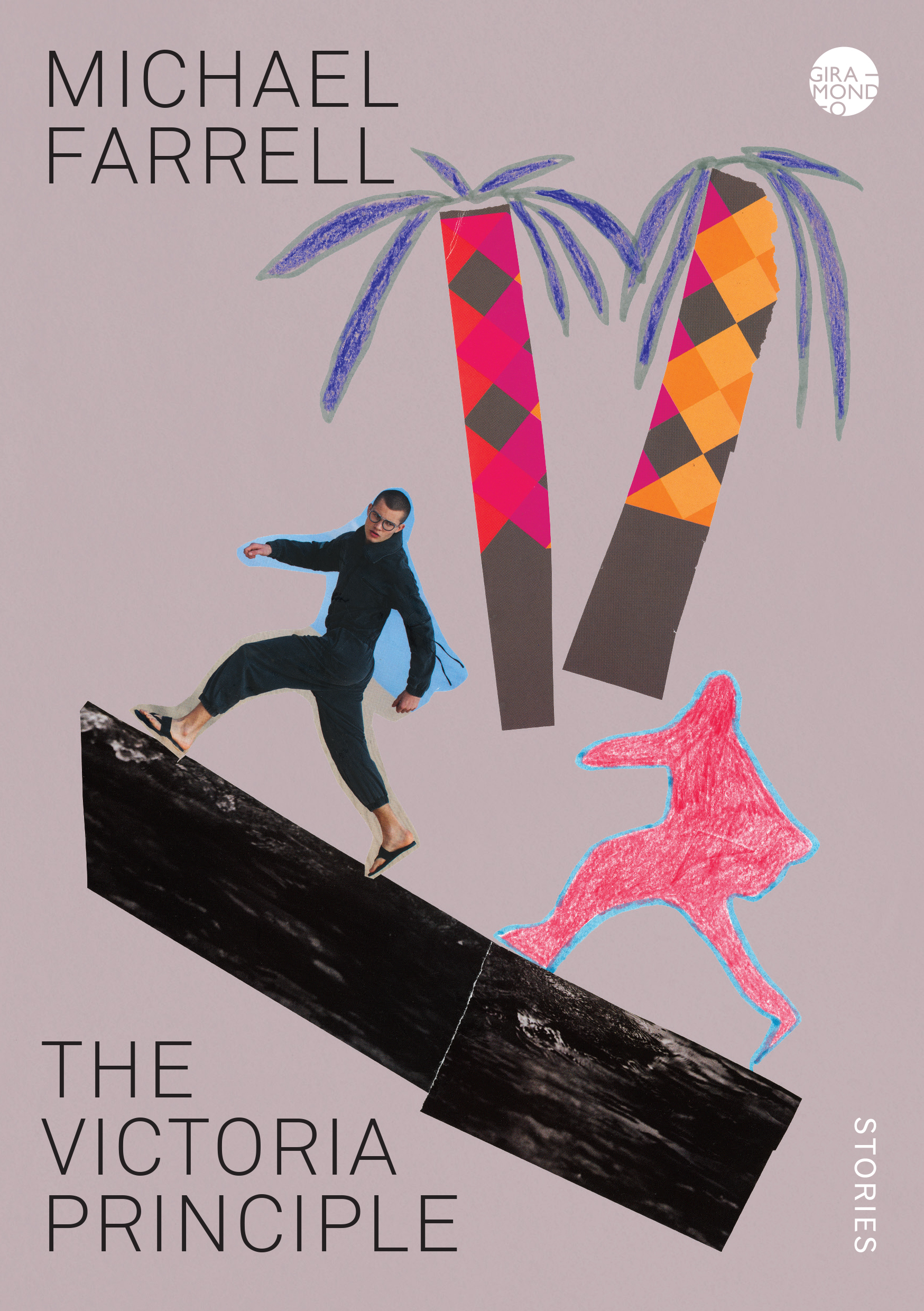
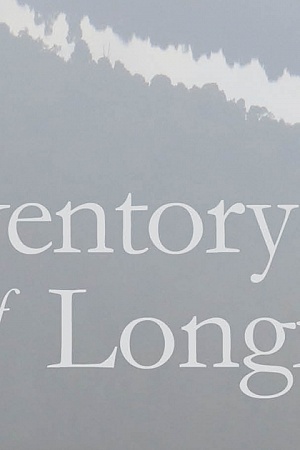

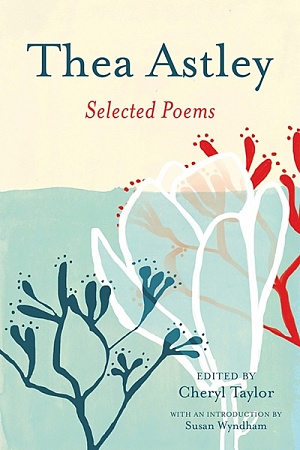



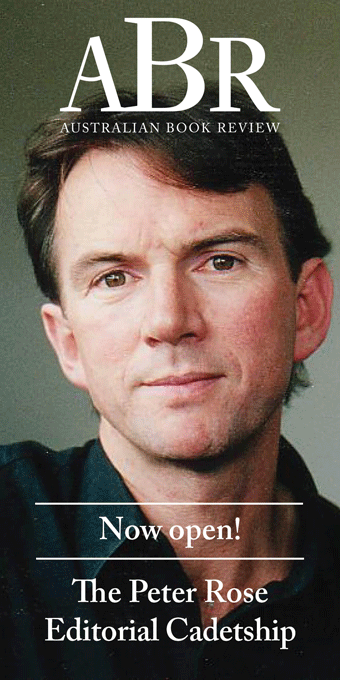
Leave a comment
If you are an ABR subscriber, you will need to sign in to post a comment.
If you have forgotten your sign in details, or if you receive an error message when trying to submit your comment, please email your comment (and the name of the article to which it relates) to ABR Comments. We will review your comment and, subject to approval, we will post it under your name.
Please note that all comments must be approved by ABR and comply with our Terms & Conditions.